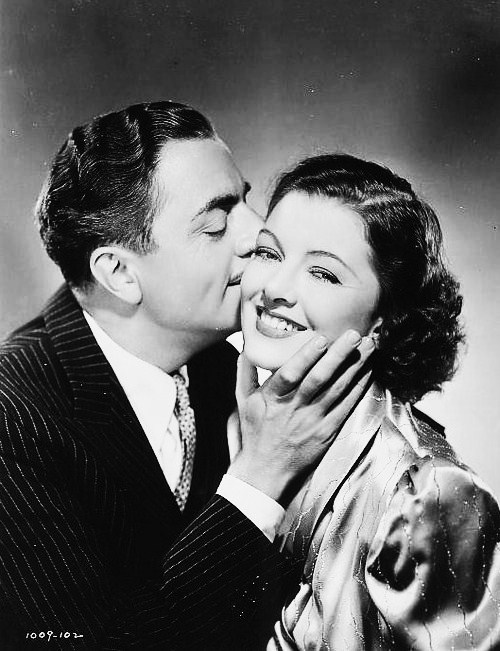I am honored to participate in a special blogathon hosted by the Classic Movie Blog Association by reviewing For Me and My Gal (1942), one of a few films he made with Judy Garland and the first film in which he starred. For a full list of participants and dates, visit this link from CLAMBA.
Like most others of its time, For Me and My Gal was a wartime pep piece, extolling the virtues of self-sacrifice, armed service, support to the troops, the purchase of Liberty Bonds, and the attitude that every individual, male or female, physically fit or impaired, is depended on by his country to make his own unique and valuable contribution to the war effort.
 |
| Harry and Jo try out together for the first time "For Me and My Gal" |
George Murphy (Jimmy Metcalf) is the odd-man-out in this occasion, the all-around good guy whose feelings for Jo set him on to a life path of self-sacrifice and quiet guardianship of both Jo and Harry, whose brash, erratic behavior eventually crashes him in the pits.
 |
| Jimmy Metcalf comforts Jo. |
The ups and downs of the showbiz life are perpetual, but the frustrations of being stuck in the small time are nothing compared to the tragedy and drama of war. Jo's little brother is all set to become a doctor, but like other conscientious men, he decides that his studies should take a back seat to fighting alongside "the other guys" who have gone overseas to keep his country free.
The war is, of course, troubling. It is there casting a shadow over the showbiz climb to the top. It unsettles the audiences and the day-to-day routines of greasepaint and bright lights.
But it is simple enough to push aside and forget as long as the actors can continue to make their entrances and follow their dreams. Eventually, however, the war intrudes on even this sheltered enclave.
Harry's draft notice introduces a full blown life crisis.
 |
| Harry's draft notice arrives. |
Even his theatrical agent can do little to delay the inevitable. After two physical exam delays, Harry simply must find a solution to his problem, or risk losing the Palace, and his girl, forever to the ravages of war. And so Harry, in desperation, in thinking of himself and his dreams and the one he loves, does the unthinkable. He deliberately disables himself in order to gain the temporary reprieve which will allow him to play the Palace and marry his girl.
His selfish act couldn't have come at a worse time. The "good" news of his draft delay comes in the moments following Jo's receipt of the worst news she could have gotten - news from the front that every sister of a uniform dreads. With one look at Harry, his injury, his elation at being delayed, Jo knows instantly the truth that condemns Harry as an ungrateful coward.
"You'll never be big time because you're small time in your heart."
 |
| After her bitter disappointment in Harry, Jo throws herself into entertaining "our boys over there." |
At the loss of his girl, Harry's priorities are re-prioritized. What does the Palace mean if he doesn't have Jo? What does an audience mean when the boys are dying in the trenches? Suddenly, Harry's desperation is not for the Palace, but for the "Pass" from the draft medical board, not for the costumes but the uniform.
But to his panic, Harry discovers that in "temporarily" disabling himself he has, in fact, done permanent and irreparable damage that now disqualifies him from any service.
So it is that, grudgingly, Harry enlists himself in a second class service, touring France as a mere performer. He's "in the right army but wearing the wrong uniform." But it is only within the depths of his despair that Harry finally reconciles the man he thinks he is with the man he wishes he were, and finds that true greatness comes in living a little outside of oneself, in the deep and abiding concern for others, and the arms of the one he loves.
 |
| Harry and Jo, together again. |
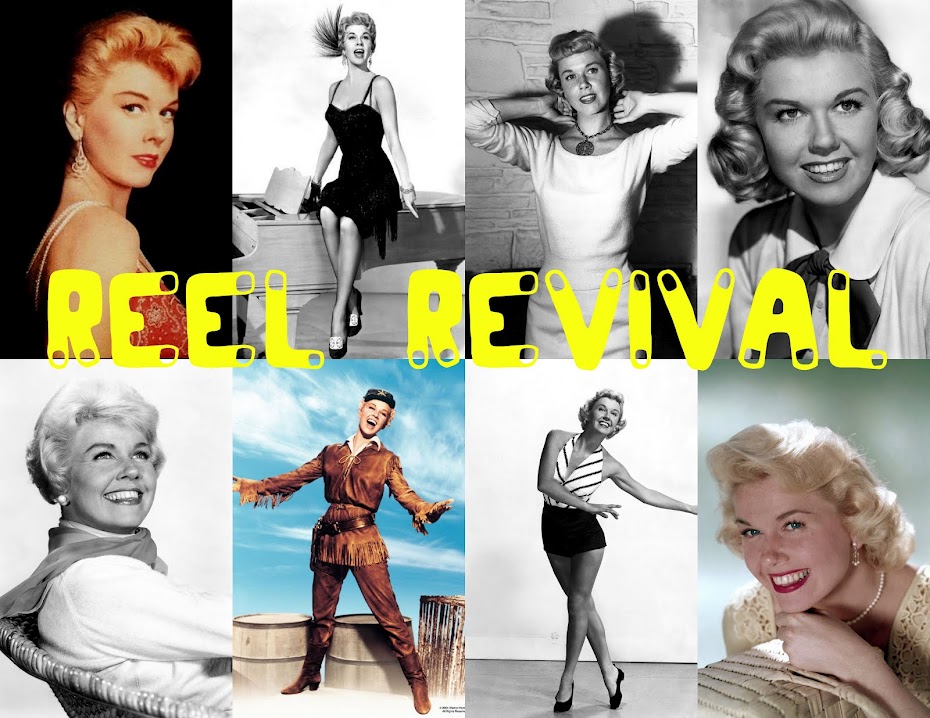

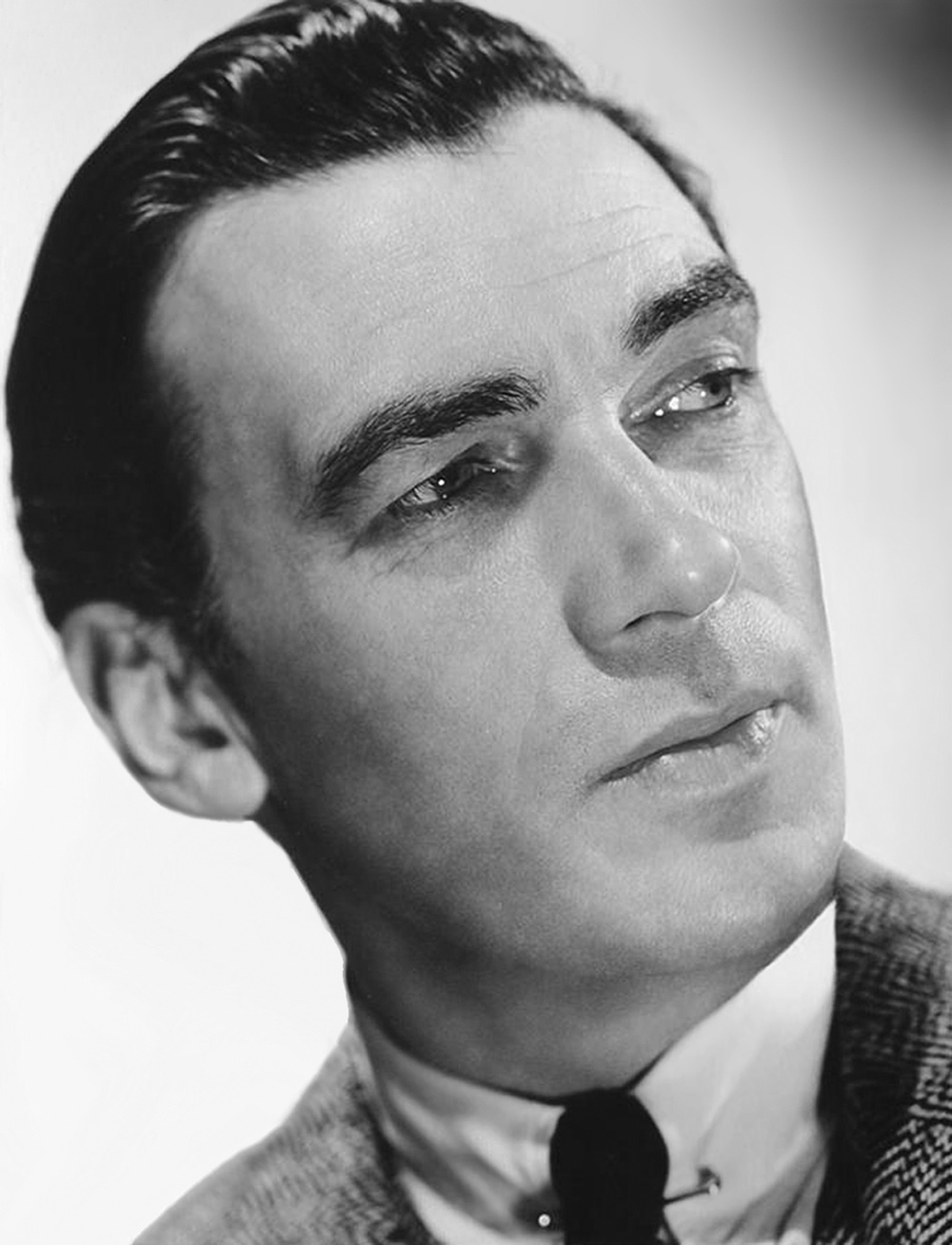



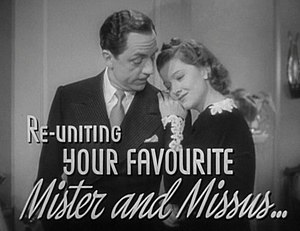
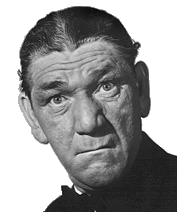
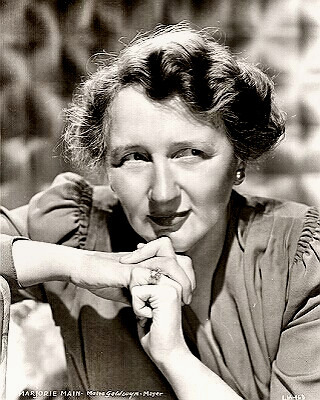

.jpg)
